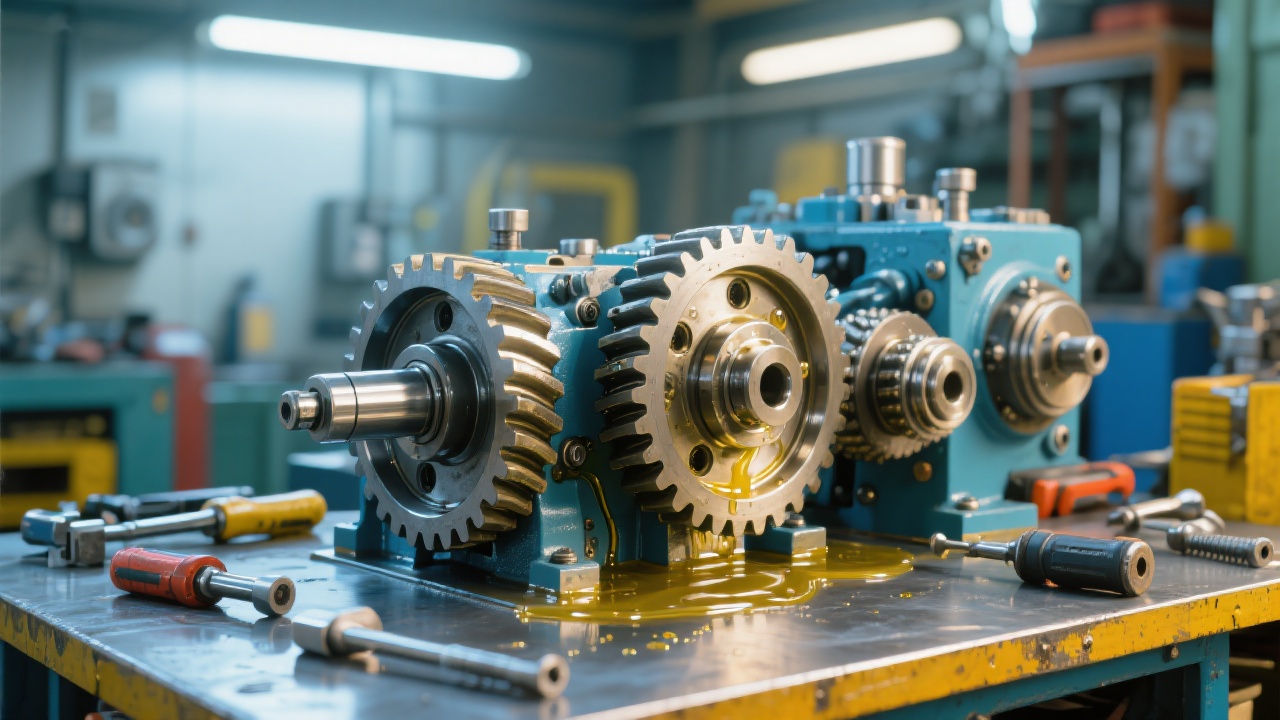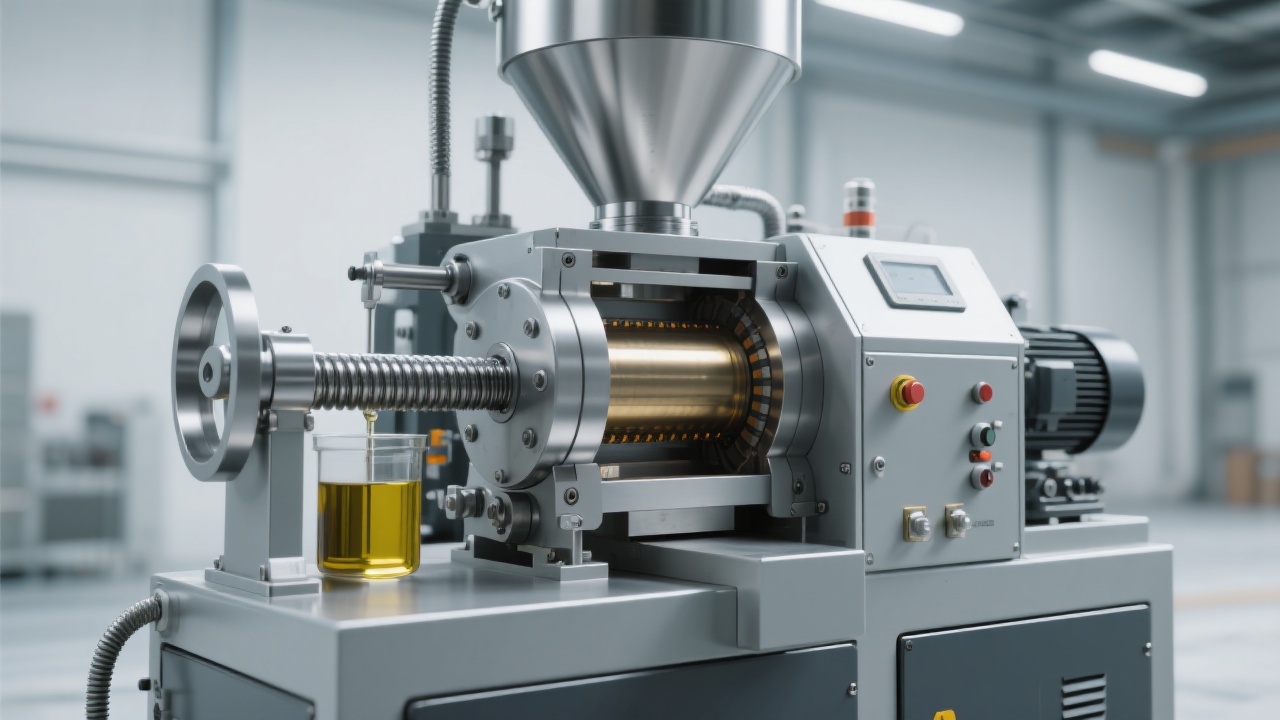
In the past 18 years working with peanut oil producers across Africa and Europe, I’ve seen how one small mistake in operation can lead to wasted raw materials or poor-quality oil. That’s why we designed this medium-scale peanut oil extraction machine—not just for efficiency, but for ease of use, even for farmers without formal engineering training.
Unlike older hydraulic presses that consume up to 5 kW per hour, our model uses only 2.7 kW/hour—saving up to 45% energy (based on testing at a Nigerian co-op in Kano). It also features an integrated heat recovery system that recycles waste thermal energy back into the press chamber, reducing pre-heating time by 30%. For European buyers concerned about carbon footprint, this means lower CO₂ emissions per liter of oil produced—up to 12% less than traditional methods.
| Feature | Traditional Press | Our Model |
|---|---|---|
| Energy Consumption (kW/h) | 5.0 | 2.7 |
| Oil Yield (%) | 68% | 82% |
| Maintenance Interval | Every 2 weeks | Every 6 weeks |
At a cooperative in Ghana, before switching to our machine, they were losing ~15% of their peanuts due to inefficient pressing and inconsistent pressure control. After implementing our system—with clear step-by-step instructions—we saw:

The entire process takes under 3 hours per batch—even for first-time users. And because it's built with stainless steel components and has minimal moving parts, maintenance is straightforward and rarely requires expert technicians.

Whether you're a smallholder in Kenya or a processing plant in Germany, this machine adapts to your scale and environment. With real-world data backing its performance—and no complicated setup—you’re not just buying equipment—you’re investing in long-term growth.
Get Your Free Operational Guide + Video Demo Now →
